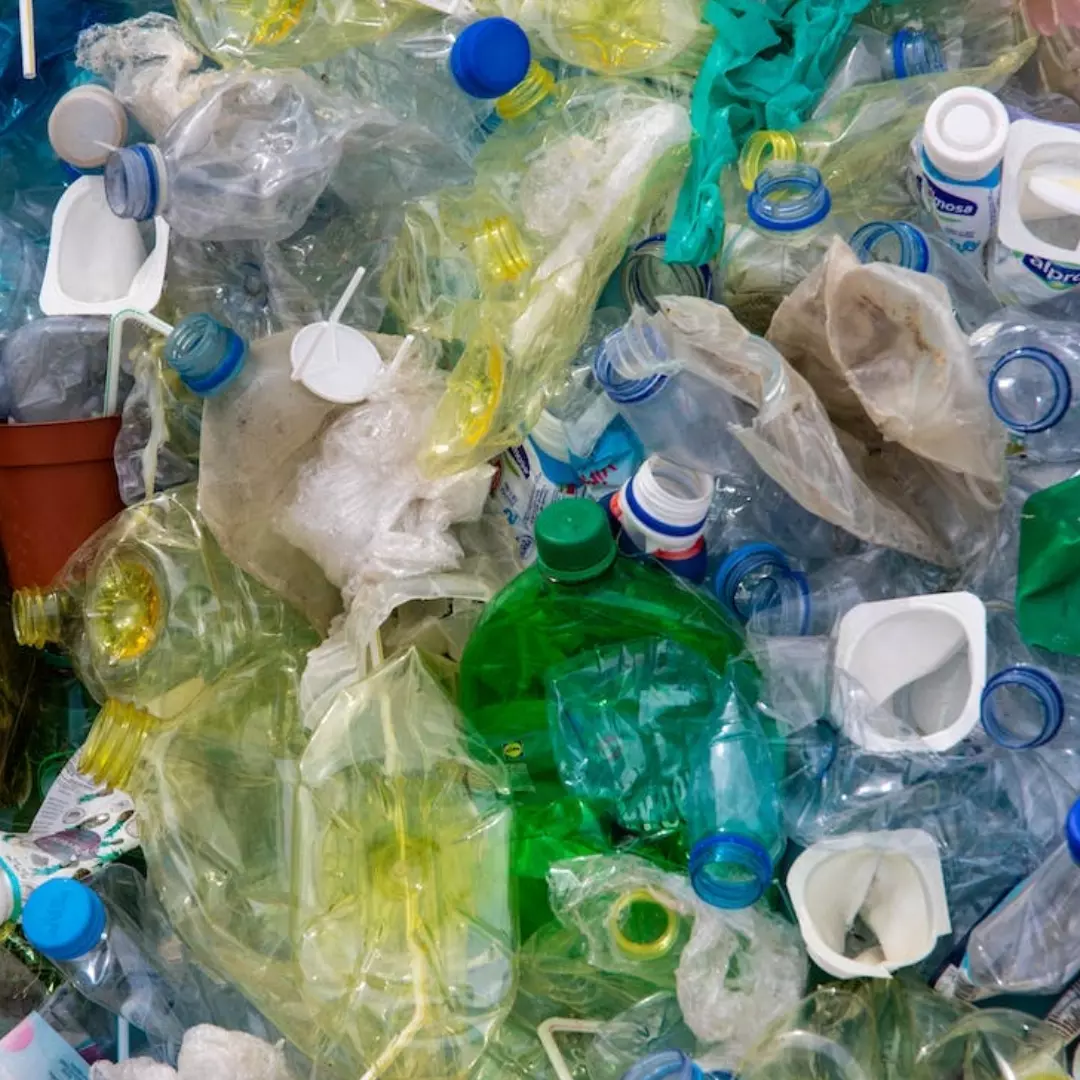Recycling plastic can increase its toxicity and should not be considered a solution to the pollution crisis, said a report by Greenpeace before the latest round of negotiations for an international plastics treaty.
The report said that plastics are inherently incompatible with a circular economy, as reported by The Guardian. It brings together research showing that recycled plastics are more toxic than their virgin constituents.
The report comes as independent research has found breaking down plastics for recycling scatters microplastic pollution into the environment. In 2022, representatives from 173 countries agreed to develop a legally binding treaty that covers the “full life-cycle” of plastics from production to disposal, to be negotiated over the next two years.
Exclusion Of Developing Nations
They are due to meet in Paris next week for talks that have already received criticism for excluding communities in developing nations harmed by the dumping and burning of plastic waste, along with marginalised waste pickers.
The fear is that the negotiations will be swayed by corporate interests without these voices. Graham Forbes, who leads Greenpeace USA’s plastic campaign, said that the plastics industry continues to put forward plastic recycling as the solution to the plastic pollution crisis.
Since the 1950s, about eight billion tonnes of plastic has been produced. The Greenpeace report catalogues peer-reviewed research and studies showing that not only a small proportion (9%) of plastics is ever recycled, but also that those end up with higher concentrations of toxic chemicals, multiplying their potential harm to humans, animals, and environmental health.
Recycled plastics often contain higher levels of chemicals like toxic flame retardants, benzene, and other environmental pollutants, including brominated and chlorinated dioxins, and numerous endocrine disruptors that can change the body’s natural hormone levels. Waste plastics devoted to recycling are typically exported from high-income countries to the poorer parts of the world.
According to Dr. Therese Karlsson, a science advisor with the International Pollutants Elimination Network (IPEN), plastics are made from toxic chemicals, which don’t disappear when plastics are recycled. Plastic recycling is a poisonous endeavour with threats to health and the environment.
Plastic pollution is projected to triple by 2060. Greenpeace said any global plastics treaty must achieve immediate reductions in plastic production as a first step towards the total elimination of manufacturing virgin plastic.
The plastics that remain must be reused as far as possible, while waste disposal technologies are developed that don’t involve burning or burying them, as per Greenpeace.
Also Read: Rising Workplace Stress: Deloitte Survey Reveals Alarming Anxiety Levels Among Gen Z
https://thelogicalindian.com/h-upload/2023/05/25/500x300_231790-web-50.webp
Environment
2023-05-25 11:06:56.0
Recycled Plastic Is More Toxic Than Original Parts, Can Lead To Microplastic Pollution: Greenpeace












